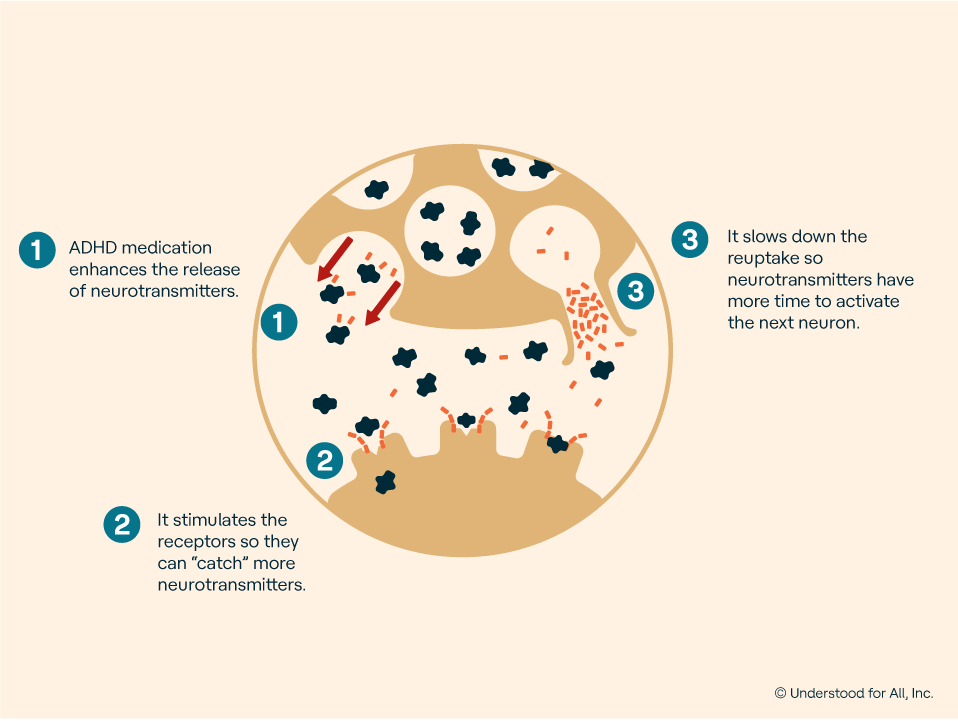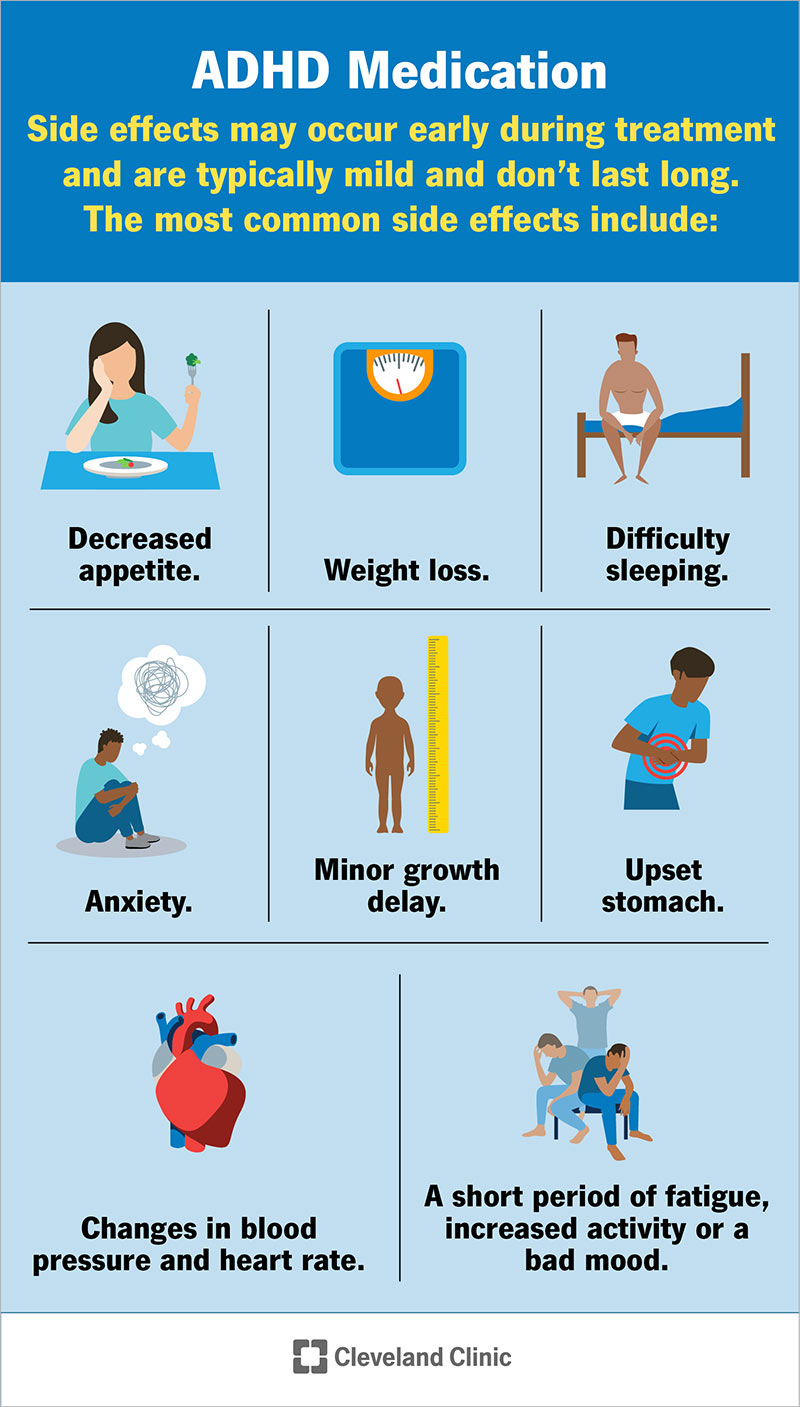Telehealth Psychiatrist Appointments for Accessible Mental Health Support
Telehealth Psychiatrist Appointments for Accessible Mental Health Support
Blog Article
The Advantages of Customized ADHD Therapy Plans for Better Results
The implementation of individualized ADHD treatment plans has actually arised as a crucial technique in improving restorative outcomes for people affected by this problem (ADHD treatment). By acknowledging the special manifestations of ADHD in each individual, these personalized interventions advertise greater engagement and inspiration, eventually leading to more reliable coping approaches.
Understanding ADHD Variability
Although Attention-Deficit/Hyperactivity Disorder (ADHD) is typically regarded as a particular condition, its indications can vary significantly among people. This variability is affected by a variety of factors, consisting of age, gender, existing side-by-side problems, and ecological contexts. Children with ADHD might exhibit hyper behaviors, while adults might mainly struggle with attention shortages. Gender differences additionally play a function, as men are much more regularly diagnosed with ADHD and often show more overt symptoms, whereas women might provide with much less obvious inattentiveness.
Additionally, individuals with ADHD may experience a range of emotional and behavioral difficulties, such as anxiety or opposite defiance, that can make complex medical diagnosis and treatment. The interaction of these aspects can lead to diverse experiences of ADHD, requiring a nuanced understanding of the condition. It is likewise worth keeping in mind that ADHD can provide differently across various cultural contexts, influencing exactly how signs are identified and resolved. This understanding emphasizes the importance of recognizing ADHD as a complex problem, which asks for customized methods to treatment that think about the distinct needs and experiences of each individual.
Trick Elements of Customization
Individualized ADHD therapy plans are based in numerous crucial parts that guarantee effective monitoring of the condition. First, a comprehensive analysis is critical, including standardized score scales, meetings, and behavior monitorings. This comprehensive analysis enables medical professionals to comprehend the individual's one-of-a-kind symptoms, toughness, and challenges.
2nd, the involvement of numerous stakeholders, including moms and dads, teachers, and the person, contributes to an all natural view of the individual's needs. Partnership cultivates a helpful setting that can adapt to the person's context and lifestyle.
Third, therapy strategies must be adaptable and adaptable, enabling for alterations based on continuous responses and the individual's advancing needs. This versatility makes it possible for the integration of different healing approaches, such as behavioral treatments, psychoeducation, and drug administration.
Moreover, cultural and contextual aspects have to be considered. Acknowledging the person's history, worths, and choices guarantees that the therapy matters and considerate.
Lastly, regular follow-ups and evaluations are necessary to keep track of development and make needed adjustments. By concentrating on these essential elements, customized ADHD therapy strategies can significantly enhance the effectiveness of interventions, leading to enhanced results for people with ADHD.
Boosted Involvement and Inspiration
To properly advertise boosted interaction and inspiration in people with ADHD, it is important to incorporate strategies that reverberate with their passions and staminas. Customized therapy strategies that line up with an individual's enthusiasms can cause boosted involvement in therapeutic activities, cultivating a feeling of ownership and interest for the process.
Utilizing interactive and creative approaches can additionally considerably improve motivation. Integrating gamification aspects or real-world applications of skills can make tasks more appealing and pertinent. This not only records interest yet also enhances finding out with pleasurable experiences.
Moreover, establishing achievable and purposeful goals customized to the individual can boost motivation. When people see their development in the review direction of personally substantial goals, they are more likely to continue to be engaged. Normal feedback and acknowledgment of achievements can better suffer inspiration, creating a favorable responses loop that motivates ongoing effort.
Finally, fostering a helpful setting where individuals feel recognized and valued can substantially influence their engagement levels. When therapy strategies are established collaboratively, including input from the person, they are more probable to really feel purchased their journey, eventually bring about improved outcomes in handling ADHD.
Improved Coping Strategies
Establishing enhanced dealing approaches is essential for people with ADHD, as it outfits them with reliable devices to browse day-to-day challenges. An individualized therapy strategy permits the recognition of specific coping mechanisms tailored to the person's special demands and conditions - ADHD treatment. Strategies such as mindfulness, time monitoring abilities, and business strategies can be incorporated right into day-to-day regimens, fostering a feeling of control and reducing anxiety
Mindfulness practices, including reflection and deep-breathing workouts, aid people with ADHD concentrate their focus and regulate their feelings. Time administration techniques, such as utilizing timers or breaking tasks right into smaller sized, workable steps, can mitigate sensations of overwhelm. In addition, business devices like coordinators and checklists can boost effectiveness and accountability.
Lasting Favorable Results
Carrying out tailored ADHD therapy plans can bring about substantial long-lasting positive end results for people. These tailored approaches, which take into consideration special signs, preferences, and life conditions, promote a lot more effective monitoring of ADHD signs over time. By concentrating on the certain needs of the person, these plans enhance adherence to treatment procedures and foster greater involvement in healing activities.

Furthermore, personalized therapy plans can considerably reduce the threat of comorbid conditions, such as anxiety and clinical depression, which are usually connected with ADHD. Early intervention and regular assistance help people develop resilience and coping methods, promoting total mental wellness.
Ultimately, the long-lasting favorable outcomes of personalized ADHD therapy intends not just improve the lifestyle for individuals but also add to their general health and success in leva psychiatry numerous life domain names. This all natural approach underscores the relevance of personalized treatment in taking care of ADHD effectively.
Conclusion

Report this page